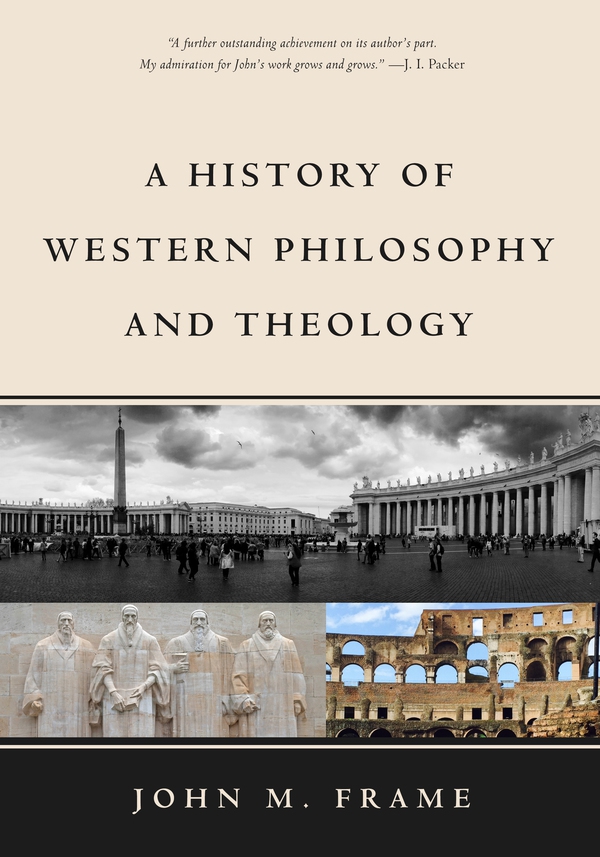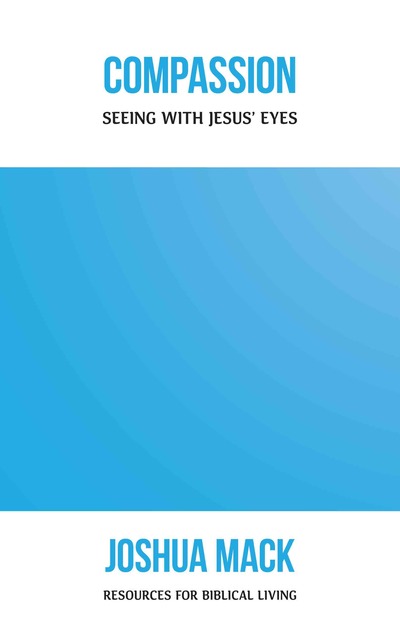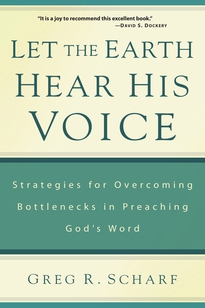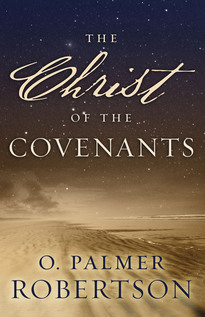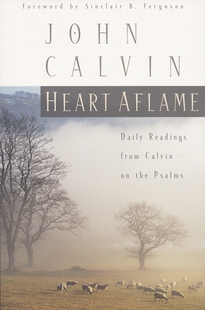A History of Western Philosophy and Theology by John M. Frame
928 pages | $59.99 | Hardcover
Summary: Christians should evaluate philosophy by biblical criteria. This will shed greater light on the developments in the history of philosophy and better prepare us for the intellectual challenges of our time. The fall of Adam brought intellectual as well as moral corruption on the human race, and the effects of the fall can be seen in the work of philosophers, most of whom try to understand the world autonomously—through reasoning apart from God’s revelation. Some philosophers have appealed to God’s revelation, but their work has often been compromised with the wisdom of the world. Revelation should inform reason, and not the other way round. In the past, even Christian theology was corrupted by the movement toward intellectual autonomy, creating the tradition of liberalism, which has unhappily dominated academic theology down to the present day. But there is hope—a new generation of Christian thinkers take God’s Word seriously. Frame’s unique new contribution augments that process.
about the author
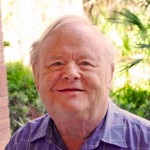 John M. Frame (AB, Princeton University; BD, Westminster Theological Seminary; MA and MPhil, Yale University; DD, Belhaven College) holds the J. D. Trimble Chair of Systematic Theology and Philosophy at Reformed Theological Seminary in Orlando and is the author of many books, including the four-volume Theology of Lordship series.
John M. Frame (AB, Princeton University; BD, Westminster Theological Seminary; MA and MPhil, Yale University; DD, Belhaven College) holds the J. D. Trimble Chair of Systematic Theology and Philosophy at Reformed Theological Seminary in Orlando and is the author of many books, including the four-volume Theology of Lordship series.
Endorsements
The endorsers for this book include (in alphabetical order):
James N. Anderson | John Barber | Bruce P. Baugus | Richard Bledsoe | Robert C. Cannada Jr. | D. A. Carson | Bryan Chapell | William Edgar | Richard B. Gaffin Jr. | Timothy George | Liam Goligher | R. J. Gore Jr. | Howard Griffith | W. Andrew Hoffecker | Frank A. James III | Peter Jones | Peter A. Lillback | Samuel Logan | Rod Mays | Esther Lightcap Meek | Eugene H. Merrill | Michael A. Milton | Joseph R. Nally | David Naugle | Marvin Olasky | J. I. Packer | Andrée Seu Peterson | John Piper | Vern S. Poythress | Richard L. Pratt Jr. | John Scott Redd Jr. | Mark P. Ryan | P. Andrew Sandlin | Kenneth Talbot | Justin Taylor | Erik Thoennes | Tim J. R. Trumper | Kevin J. Vanhoozer | Jeffery J. Ventrella | Greg Welty | Luder G. Whitlock Jr.
Here are a few of the endorsements:
“John Frame has done it again! In the lucid and comprehensive style of his Theology of Lordship volumes, he here presents a full overview of Western thought about knowledge of God as it must appear to all who receive Holy Scripture, as he does, as the record, product, and present reality of God speaking. And the solid brilliance of the narrative makes it a most effective advocacy for the Kuyper-Van Til perspective that in a well-digested form it represents. It is a further outstanding achievement by John Frame. The book deserves wide use as a textbook, and I hope it will achieve that. My admiration for John’s work grows and grows.”
—J. I. Packer
“This is the most important book ever written on the major figures and movements in philosophy. We have needed a sound guide, and this is it. Philosophy has many ideas and systems that are attractive but poisonous. Over the centuries people have fallen victim again and again. Frame sorts out the good and the bad with clarity and skill, using the plumb line of Scripture. Along the way he also provides a devastating critique of liberal theologies, showing that at bottom they are philosophies of human autonomy masquerading as forms of Christianity.”
—Vern S. Poythress
“Few in our day champion a vision of God that is as massive, magnificent, and biblical as John Frame’s. For decades, he has given himself to the church, to his students, and to meticulous thinking and the rigorous study of the Bible. He has winsomely, patiently, and persuasively contended for the gospel in the secular philosophical arena, as well as in the thick of the church worship wars and wrestlings with feminism and open theism. He brings together a rare blend of big-picture thinking, levelheaded reflection, biblical fidelity, a love for the gospel and the church, and the ability to write with care and clarity.”
—John Piper
“When I was a young man, I plowed through Bertrand Russell’s 1945 classic, A History of Western Philosophy. A couple of years ago I read the much shorter (and more interesting) work of Luc Ferry, A Brief History of Thought. Between these two I have become familiar with many histories of Western thought, each written out of deep commitments, some acknowledged, some not. But I have never read a history of Western thought quite like John Frame’s. Professor Frame unabashedly tries to think through sources and movements out of the framework (bad pun intended) of deep-seated Christian commitments, and invites his readers to do the same. These commitments, combined with the format of a seminary or college textbook, will make this work invaluable to students and pastors who tire of ostensible neutrality that is no more neutral than the next volume. Agree or disagree with some of his arguments, but John Frame will teach you how to think in theological and philosophical categories.”
—D. A. Carson

